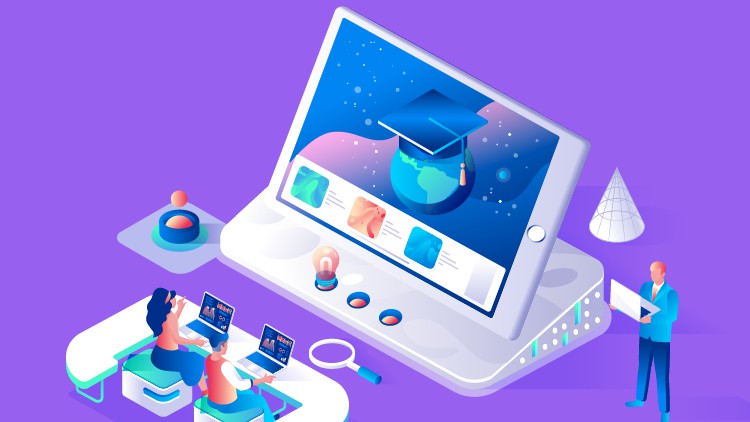
Gain an inside on the most powerful force operating around people, the government, with political science.
What you will learn
Learn about the political world.
Gain an inside on the most powerful force operating around people, the government.
Understand the branches of government and their role.
Deep dives into the various types of government.
Learn more about government, its affect on us and how we might influence it.
Learn about the state and its characteristics.
Learn about the origins of our modern states.
Examine the functions that a government performs.
Deep dives into the vital parts of the government such as the legislature, the executive and the judiciary.
Understand political processes.
Explore the unions that states form and federations.
Explore the political system.
Learn about political institutions.
Broaden your knowledge on politics.
Learn how the branches of the government interfere with one another.
Learn about a range of political topics.
Learn in depth about the electorate and elections.
Deepen your knowledge of democracy.
Understand political science.
And much more!
Description
Every day of our lives we come in contact, directly or indirectly, with the government.
State policies affect the price and amount of food, clothing and fuel we buy. They also regulate our recreational activities and tell us what we can and cannot do. A fair-sized proportion of all the money we earn must be paid to the government in taxes. In many countries government provides medical care for us when we are sick and gives us aid when we are out of work. These are only a few examples of how the government affects our lives.
Aristotle called political science the “master science” because it influences all aspects of human life: what we can do, what we can say, where we can live, even what we can eat.
Political science can help us understand how the government operates and how it impacts us. The quest to understand the governments is urgent and important, because our welfare is tied up with what happens to it. By understanding it we can make better decisions for our own and for our organizations.
At the same time political science helps us not only better understand the world around us, but also sheds light on political processes happening every day, helping you become a more informed citizen.
In this political science course we will explore political concepts and structures of government.
While political science is concerned with the general study of the political system, it deals also, practically and intensively, with a selected number of political institutions. Some of these political institutions are the legislative, the executive and the judiciary branches of the goverment.
In addition to that we will learn how states operate, how they differ and how they have developed through time.
We will also explore how we might influence the government.
Studying political science is imperative, because it allows you to gain a better insight on one the most powerful forces operating on people, the government.
So enroll now and let’s get started!